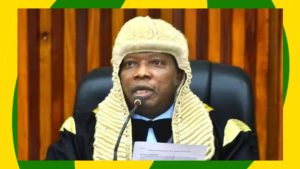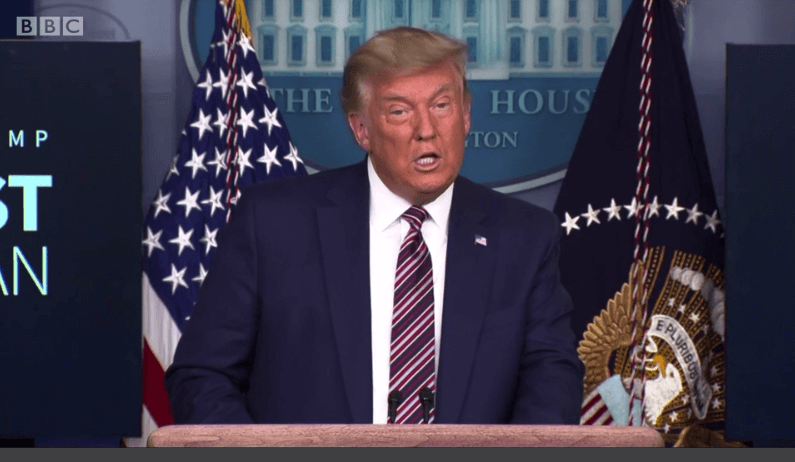Ogun State House of Assembly Impeaches Speaker Kunle Oluomo
Eighteen out of the thirty-six members of the Ogun State House of Assembly voted to impeach Speaker Kunle Oluomo during their plenary session on Tuesday. The impeachment stemmed from allegations of embezzlement of funds, high-handedness, and other related offenses.
Following the impeachment, the Assembly elected Oludaisi Elemide as their new speaker. In his maiden speech, Elemide urged for calm among the members.
Oluomo’s Offences
The Economic and Financial Crimes Commission (EFCC) brought Oluomo before the Federal High Court in Lagos to answer charges related to alleged N2.475 billion money laundering.
Oluomo was arraigned alongside three others on September 6, 2022. They were Oladapo Samuel, Adeyemo Taiwo, and Adeyanju Nimota Amoke, who is currently at large.
The defendants faced eleven counts of conspiracy, forgery, stealing, and money laundering. The EFCC alleged that they committed these offenses in Ogun State between 2019 and 2022.
Read also:
While Oluomo was granted bail, the allegations cast a shadow over his tenure as Speaker.
Expert Opinion on the Impeachment Process
BBC Pidgin spoke with a constitutional lawyer to understand the legal framework for impeaching a House of Assembly speaker.
Human rights lawyer Inibehe Effiong argued that the impeachment was unconstitutional due to the insufficient number of votes. He explained that with thirty-six members in the Ogun State Assembly, a two-thirds majority, or twenty-four members, is required to remove the speaker.
“According to Section 92(2) of the 1999 Constitution, the removal of the speaker requires the votes of not less than two-thirds of the majority of all members of the Assembly,” Effiong stated.
He further argued that the impeachment was invalid because the necessary number of members did not vote for it. He advised Oluomo to challenge the process in court, highlighting the potential abuse of power by the Assembly members.
Effiong also clarified that electing a new speaker also requires a one-third majority, as stipulated in Section 96 of the Constitution. Therefore, he concluded, the impeachment process and the subsequent election of a new speaker were both flawed due to the insufficient number of voting members.









